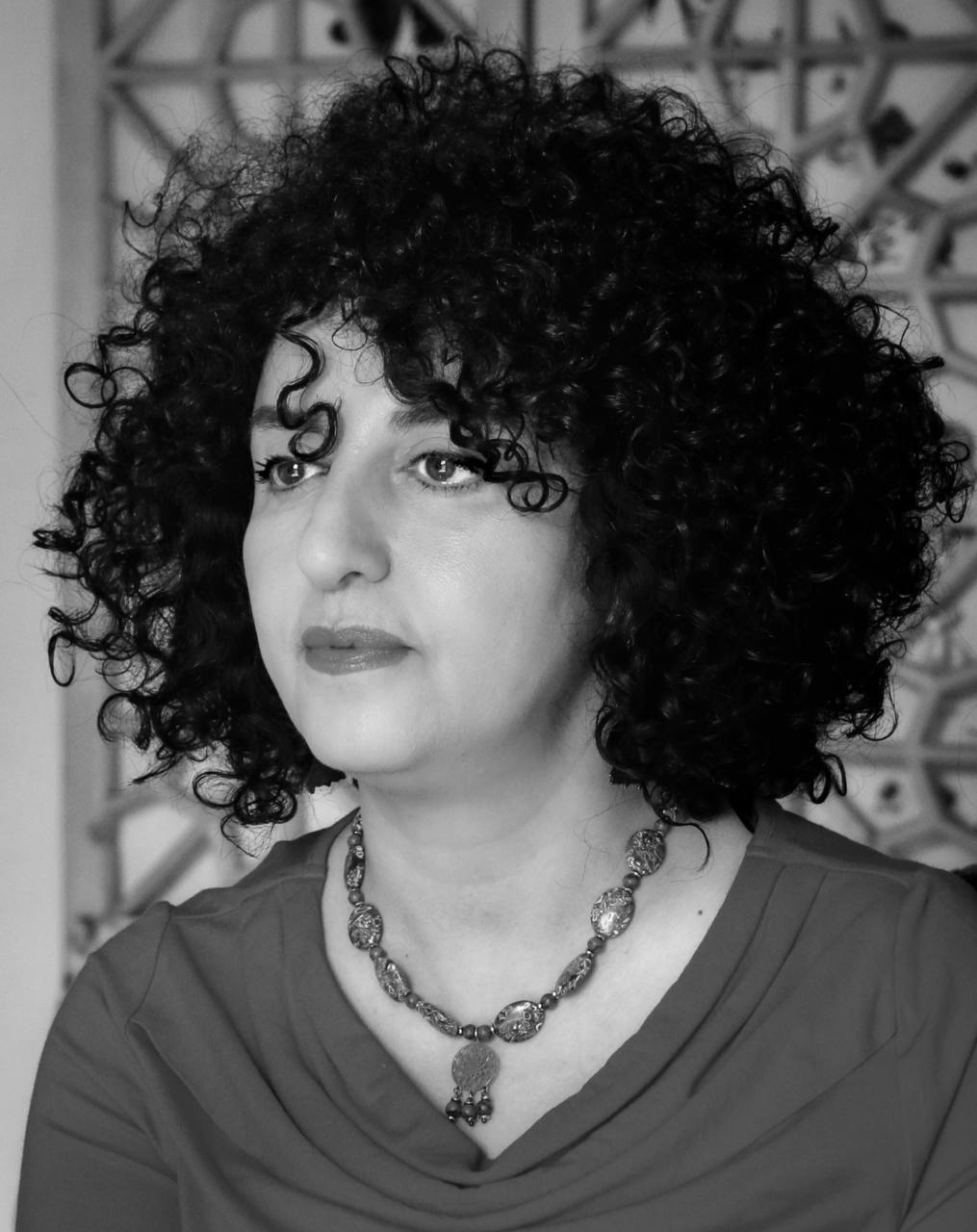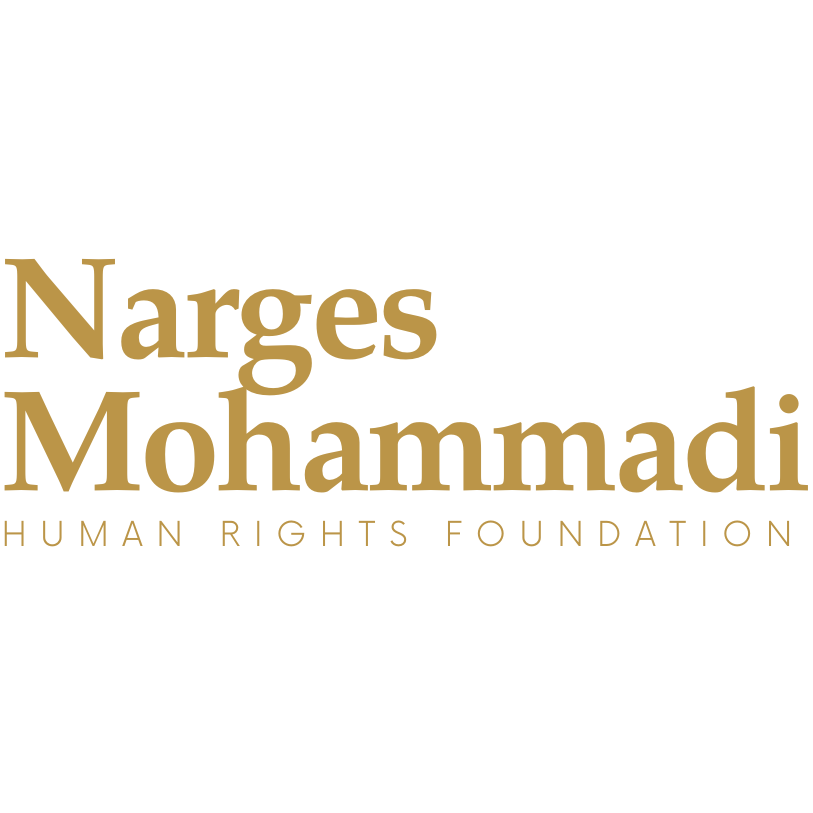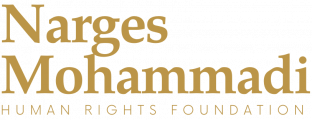
Narges Mohammadi: “Democracy is dead and its toll on women”
Narges Mohammadi, human rights and women’s rights activist, engineer, and 2023 Nobel Peace Prize laureate, is out of prison on temporary on sentance suspension leave, but has been sentenced to 30 years in prison and 154 lashes for her peaceful struggle against the injustices of the Islamic Republic. She has been fighting forever. She has fought so hard that, for the dream of a free Iran, she hasn’t seen her twins, who are in exile in Paris, for ten years. On Saturday, September 13th, from her home in Tehran, she will join us at the Triennale Milano to discuss the role of women in wars and their impact on the female population. Mohammadi has experienced two conflicts: the one between Iraq and Iran—from 1980 to 1988—and the most recent clash with Israel, which lasted twelve days and saw her city in flames.
War on women, what do you think?
“As always, the devastating effects of war fall primarily on the people. However, within society itself, there are more vulnerable groups who suffer more than others because they are in a position of weakness: women and children. In the Middle East, in countries like Iran where democracy does not exist and society suffers from a lack of freedom, equality, and human rights, even without bombs, women endure the worst injustices. War, however, exacerbates this suffering.”
Did it also happen during the 12-day conflict between Israel and Islamic Republic?
“After and during the war, we witnessed increased internal repression, a tightening of rules of conduct, and dismissals, with a particularly strong impact on women, who also saw an increase in domestic violence, although the Islamic regime prevents official statistics from being released. The economic conditions of our country, already at rock bottom, have worsened, and instability weighs most heavily on those who suffer discrimination and oppression. But the most serious situation remains that of female prisoners.”
Explain.
“After the Israeli attack on Evin Prison, the inmates were shackled, subjected to violence, and transferred to other prisons. The men were taken to Fashafuyeh or Tehran prisons, the women to Qarchak Prison, a very harsh facility. There were numerous protests by activists and civil society groups, which resulted in the return of political prisoners to Evin, but the female inmates remained in Qarchak. This is a situation that worries us greatly, especially for those who have firsthand experience of that prison. The government is exerting particularly worrying pressure on female political prisoners.”
What scares you most right now?
“As a human rights activist living in Iran and having lived through two wars and their aftermath, I’m alarmed by the increasing repression and arrests, including of young people, on serious and often unfounded charges such as espionage or collaboration with enemy governments, without due process or adequate lawyers. The Iranian judicial system is dependent on security agencies and is unjust and arbitrary. We’ve received reports of detention and torture. Stories of people facing serious charges who are prevented from even revealing their names. And—very seriously—death sentences have increased.”
Are you afraid of another war?
“The threat of another conflict is frightening. But I have hope: in a country like Iran, under a proven unreformable authoritarian and fundamentalist theocratic regime, facing a profound economic, infrastructural, and environmental crisis (energy shortages, factory closures, water shortages, desertification), I see no other way than the end of this dictatorship and the democratic transition to a free society. This is why I support the Iranian people’s right to self-determination, including through a referendum, which is a fundamental human right.”
What role do women play in all of this?
“They are protagonists in this process also thanks to ‘Woman, Life, Freedom.’ The movement is a sign of hope because it represents a profound transformation in Iranian society. In recent years, the strength and resilience of women in creating democratic spaces and demanding their rights has become increasingly evident. My hope is that the Iranian people’s struggle will soon lead to this democratic change, that the regime will agree to submit the popular will to a referendum, and that the violation of fundamental human rights will end.”


